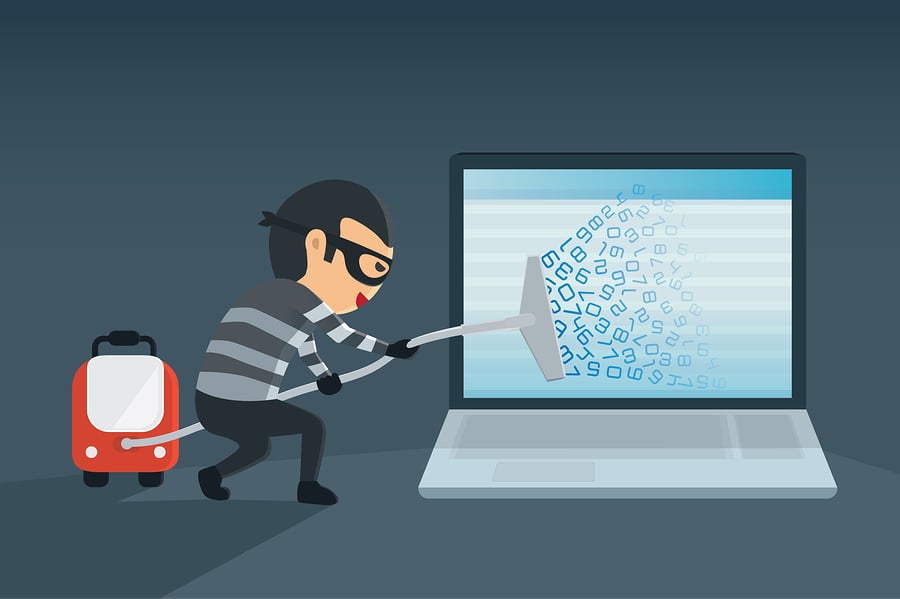Don’t leave your home vulnerable to digital crime
Technology has led to a rise in digital crime – and while most of us are vigilant about protecting passwords, many fail to realise how social media can leave our homes vulnerable, too.
Today would-be thieves have a new tool at their disposal when planning a home invasion – the internet. The rise of social media means we’re sharing more than ever online, and sometimes these details are unwittingly aiding criminals.
When we post that we’re off for a month on holiday, we’re also alerting others that our homes will be left empty while we’re gone. Here’s how you can ensure you don’t leave your home vulnerable to digital crime.
Only befriend friends
Sharing our lives is one of the great joys of social media, but it can have some unintended consequences when too much of our personal information is online. Social media gives us lots of control about what we share and who we share it with. While Twitter is the platform for information sharing, Facebook tends to be a smaller network that we use to connect with real friends. Check your privacy settings and make sure you’re only sharing personal updates with people you know and trust. If a stranger sends you a friend request, it’s safer to ignore it – you don’t know who could be on the other end of the screen or what they will do with the information they find on your profile.
Share after, not before
When we post a status update telling everyone we’re off on holiday or away from home for the evening, we could be alerting the wrong people of our movements and providing detailed information that could be later used to compromise our security. Rather than posting before you go, a safer strategy is to post when you get back – share details about where you were staying after you’ve already checked out and updates about event and activities once you’re back home and the house isn’t left unattended.
Turn off location services
Leaving location services on is another way people can tell if we’re not at home. Many social media sites use our location as a means to let us share where we are and what we’ve been up to. Keep these features turned off – if you want to share something about your location it’s better to opt in than opt out.
Avoid unnecessary check-ins
Checking in to an airport or hotel or tagging our location on Facebook and Instagram has become increasingly popular – and while it’s fun to share what you’re doing as you’re doing it, checking in somewhere also reveals we’re not at home and could make us more vulnerable to theft.




















